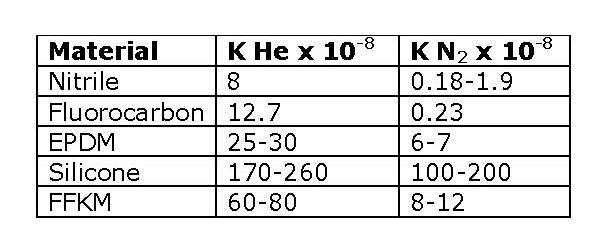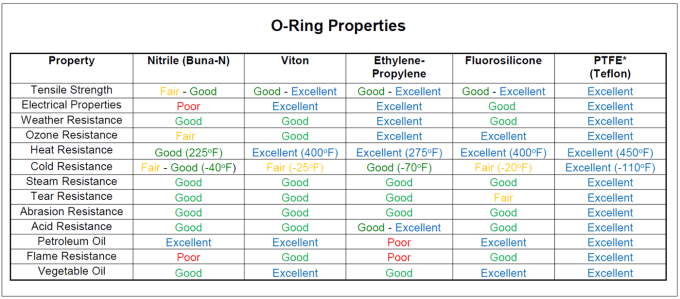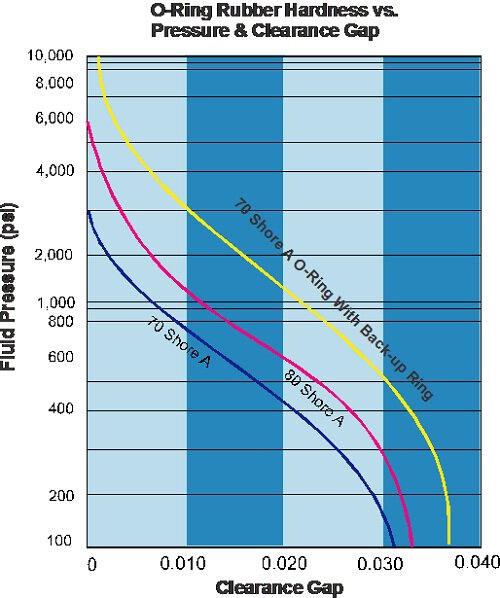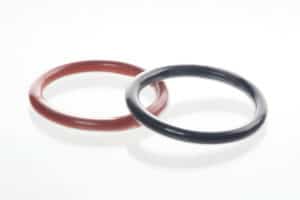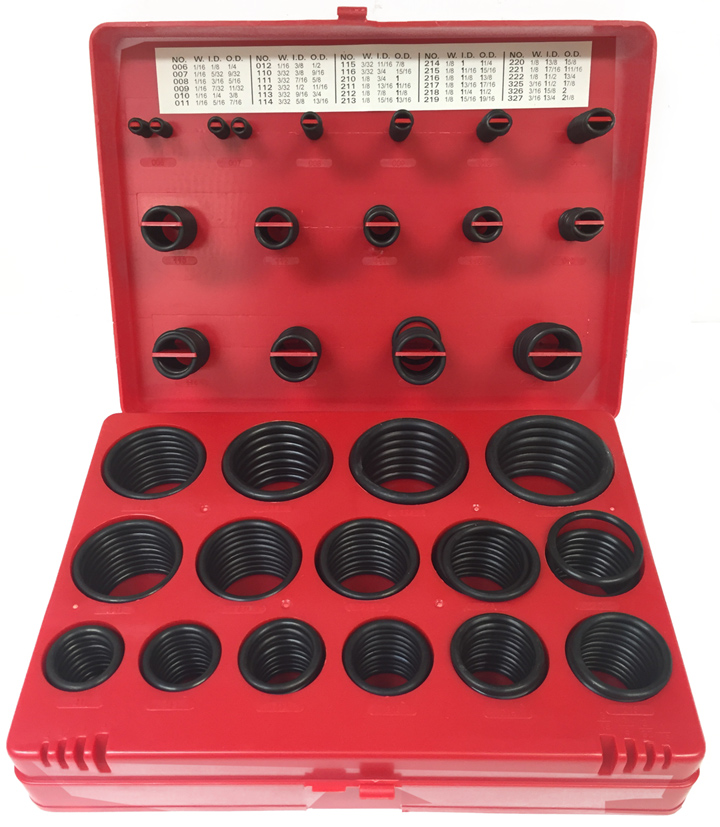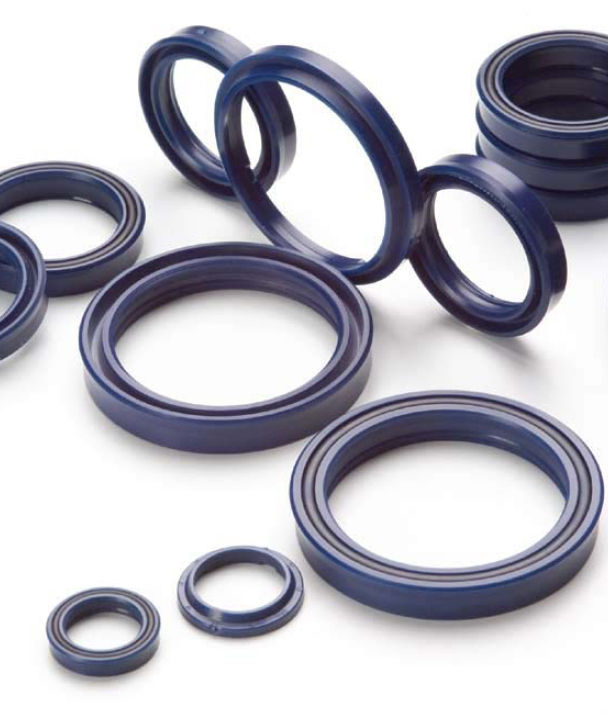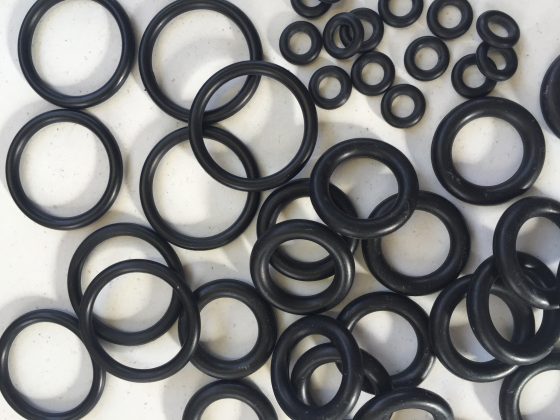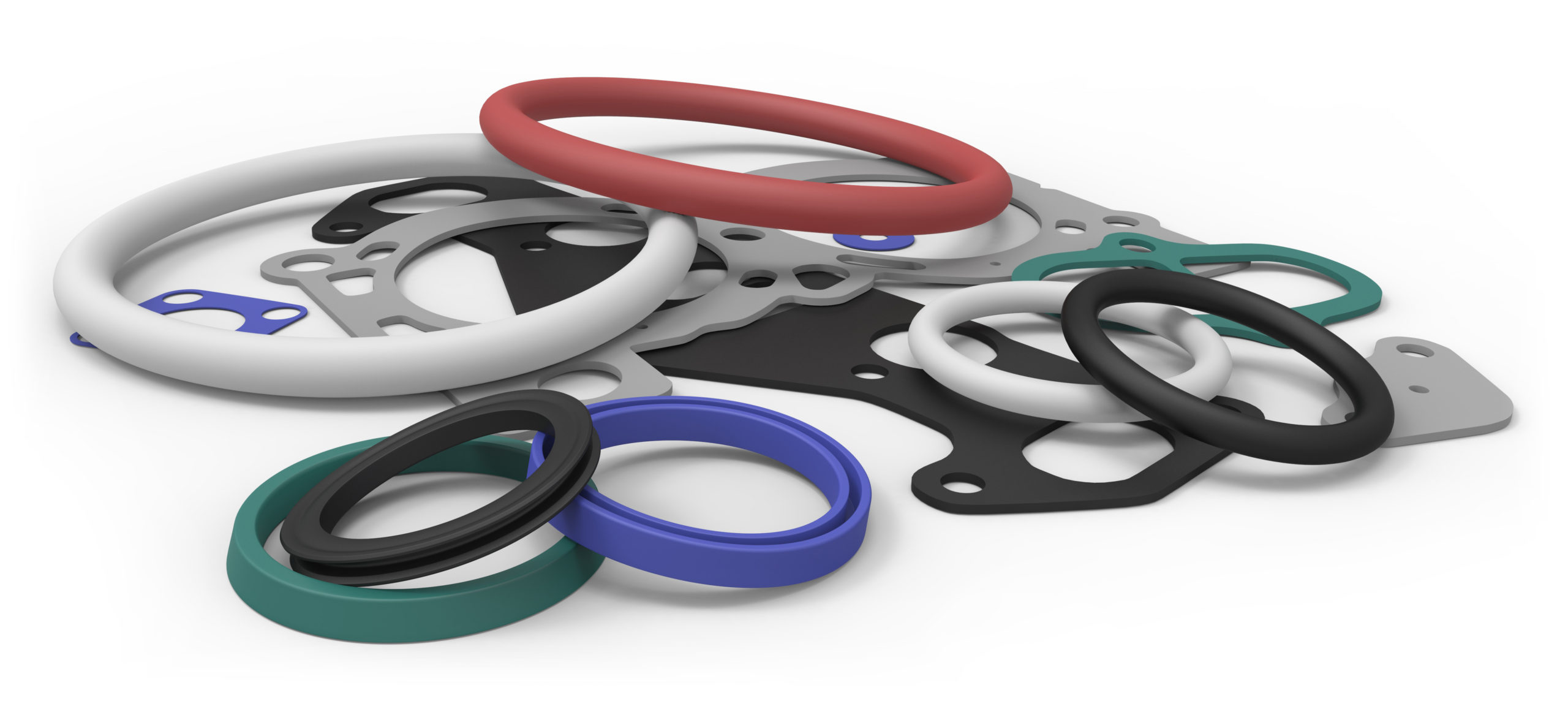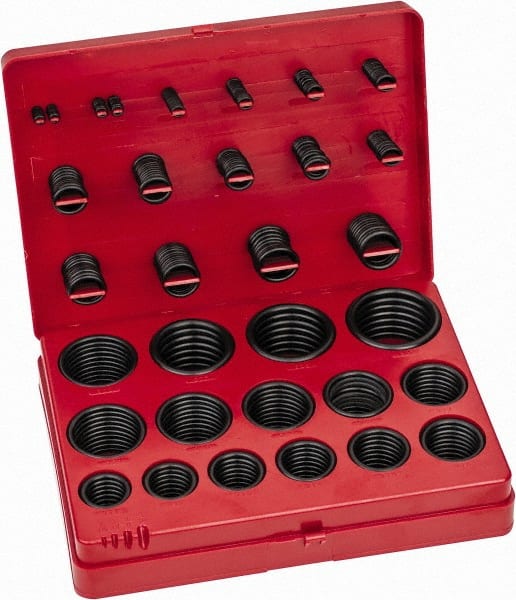I believe we got this one from our mechanical seal supplier. Due to the difference in the chemical structure of these two materials they exhibit a different set of properties which will be discussed in this article.
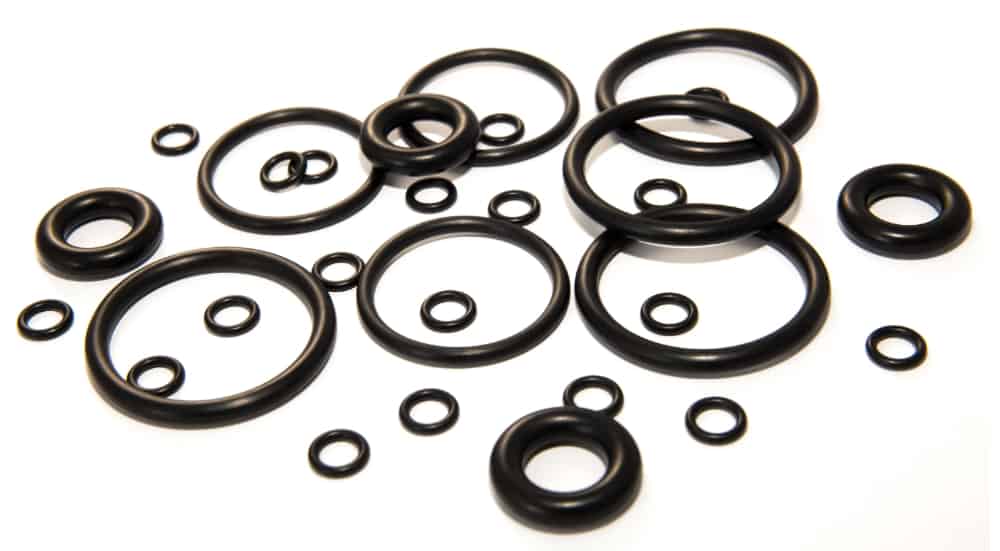
Buna Nitrile O Rings Global O Ring And Seal
Buna n vs viton o ring. Soaking the unknown sample comparing to a known buna n o ring soaked in the same test fluid would be a practical test. O ring outgassing or leaching of internal substances can also impact sensor effectiveness. It is a cylinder with a small weight inside. Viton is rated excellent in the fuel oil c or toluene test. Viewing these two o ring materials at a glance its easy to see some occasions where the decision of viton vs nitrile o rings will be clear to see. The cylinder is labeled with viton epr and nitrile.
O ring permeation can also affect the accuracy of sensitive sensor and test equipment. The o ring material comparison chart below offers a quick reference of o ring material performance. Viton is better at 200 f but not necessarily at 140 f. We use a very simple device to test for o ring material. Viton is the choice over buna for high temperature applications. For example if you know your assembly works at more than 100c nitrile will not be suitable.
When it comes to choosing to seal material nothing could be more false. You raise the weight and drop it onto the o ring. When comparing buna rubber also known as nitrile buna n perbunan or nbr and fluorocarbon also known as viton both provide excellent compression set resistance and both are designed to resist most oils and lubricants especially petroleum based lubricants. The amount that it rebounds determines the material. Viton seals hold indefinitely at temperatures up to 400f and can last up to 48 hours at temperatures up to 600f. When you find one that fits your application click on the o ring material for a deeper dive on technical specifications to further assist you in o ring material selection.
Viton seals provide an indefinite seal for temperatures up to 400f and for temperatures up to 600f they offer an excellent seal for more than 48 hours. Fkm viton o rings are commonly used in vacuum applications due to lower permeation which impacts vacuum pump down time and the ultimate vacuum level achievable. While both viton and buna seals both serve as great sealing options at moderate temperatures viton is far superior to buna for high temperature applications. Viton and buna seals have several very crucial differences that make them especially well suited to certain applications. Buna n has a poor rating. The key difference between buna n and viton is that buna n is a copolymer of butadiene and acrylonitrile whereas viton is a copolymer that contains a high amount of fluorine containing units.
Viton vs nitrile o rings which is the right choice. As a sealing option the crucial difference between buna and viton is the temperature range the materials function in. It works very well. Fluid incompatibility might be a practical test for identifying viton vs.

